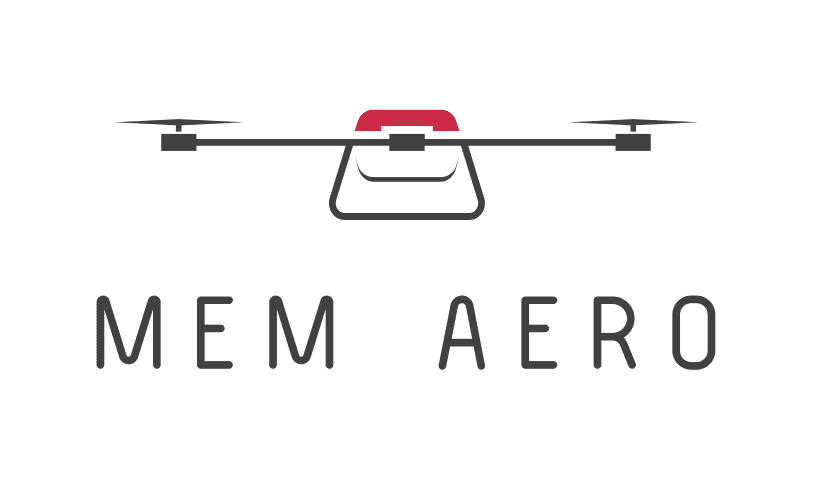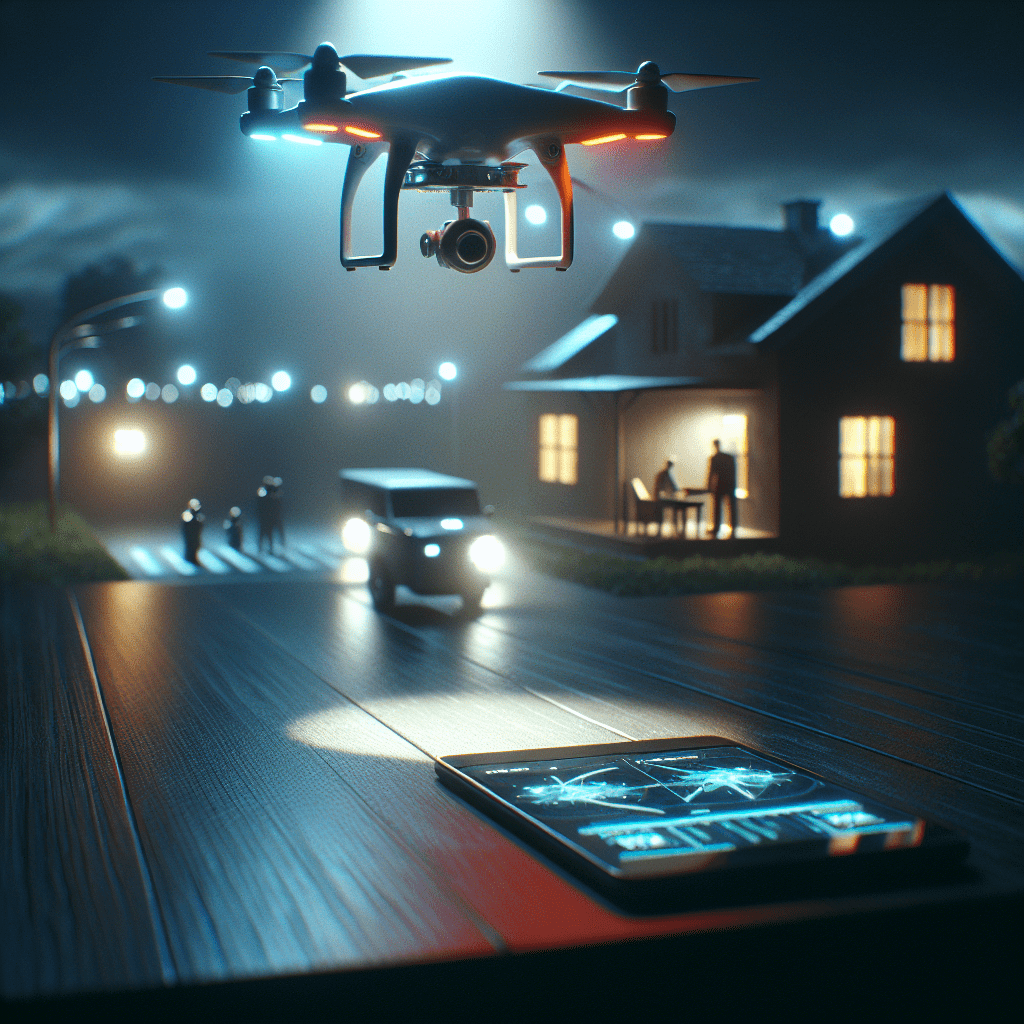The Ethical Framework Surrounding Drone Surveillance
Drone surveillance, the use of unmanned aerial vehicles (UAVs) equipped with cameras and sensors to monitor areas, raises a multitude of ethical concerns. The technology’s ability to capture detailed images and videos from great heights has transformed the way surveillance is conducted, making it easier and more discreet. However, this capability brings forth questions about where one draws the line between ensuring public safety and infringing upon individual rights. Navigating this complex landscape involves an understanding of various ethical frameworks, including deontological ethics, consequentialism, and virtue ethics, each offering different perspectives on the implications of drone use.
The Balance of Public Safety and Personal Privacy
One major ethical concern surrounding drone surveillance is the balance between public safety and personal privacy. Many argue that drone surveillance is a necessary tool for law enforcement agencies to keep communities safe, for example, by monitoring crime hotspots or providing real-time information during emergencies such as natural disasters. However, this opens the door to potential overreach and excessive monitoring of innocent civilians. The question arises: at what point does the pursuit of safety infringe upon the fundamental right to privacy? Comprehensive discussions must include public input to ensure that surveillance measures are not only transparent but also justified. Striking this balance requires ongoing dialogue among stakeholders, including law enforcement, policymakers, and community members.
Consent and the Geographical Trust
Another significant ethical dilemma about drone surveillance is the question of consent. Many individuals are unaware that they may be monitored by drones, which can lead to a sense of mistrust among the public. This can be particularly pronounced in urban environments where drones might be flying regularly, ostensibly for security purposes. The lack of consent raises crucial ethical questions: Do authorities have the right to surveil the public without explicit permission? How should this be communicated to the citizens it affects? Furthermore, there is a pressing need to foster geographical trust. Communities located near areas of heavy drone operation often feel anxious and vulnerable, sparking debates on how to incorporate resident input into policy-making effectively.
The Implications of Data Collection in Drone Surveillance
Data collection is a central function of drone surveillance, which brings its own set of ethical concerns regarding data privacy, ownership, and usage. Drones can capture vast amounts of data in a short period, leading to the risk of misuse. The ethical implications of this data collection can range from benign to deeply intrusive. For instance, collected footage could be used for valid purposes, such as enhancing community safety statistics, but there’s also the potential for misuse in ways that compromise individual privacy.
Data Protection Challenges
One of the ethical challenges linked to drone surveillance is the inadequacy of data protection laws. Existing regulations may not fully address the unique aspects of drone technology, particularly how data is stored, shared, and potentially exploited. This inadequacy raises numerous questions about data ownership: Who owns the data collected by drones? Is it the operating agency, the individuals captured in the footage, or the manufacturers of the drone technology? As drone surveillance increases, the lack of clear authorities in data rights can hinder trust in technology, leaving individuals feeling vulnerable to exploitation.
Regulatory Efforts and Ethical Considerations
Regulations are essential for mitigating the ethical concerns surrounding drone surveillance. Governments must establish frameworks that protect citizens while allowing law enforcement agencies to operate effectively. Past attempts at regulation have often fallen short due to rapid advancements in drone technology outpacing legislative processes. Basic guidelines should include stipulations on data retention, scenarios requiring warrants for surveillance, and clear public reporting on drone deployment. This regulatory effort aims to educate citizens and inform them of their rights while simultaneously granting law enforcement the tools necessary to ensure safety. Such balanced approaches can enhance public trust and foster a cooperative relationship between authorities and citizens.
“The ethical implications of drone surveillance extend far beyond question of legality; they probe deeply into the societal norms and individual rights that define our communities.”
Public Awareness and the Ethical Discourse
Raising awareness about the ethical considerations of drone surveillance is vital in today’s technology-driven society. Educational initiatives can help the public understand both the advantages and disadvantages of drone technology. To cultivate a well-informed citizenry, discussions must include not only the operational aspects but also the ethical framework guiding its use. Public forums, workshops, and community discussions can serve as platforms for these conversations, creating spaces for individuals to express their concerns and seek clarity on various issues surrounding drone use in surveillance.
Creating an Ethical Framework
The establishment of a robust ethical framework for drone surveillance requires contributions from diverse community stakeholders, including ethicists, policymakers, technologists, and citizens. By fostering an inclusive discourse, we can articulate the ethical implications of surveillance clearly while developing practical guidelines grounded in community values. A critical aspect of any ethical framework must include transparency about the technologies employed, the data gathered, and the implications of their usage. Public education efforts can further demystify drone technology, transforming initial fears into informed discussions that contribute positively to policy-making.
The Role of International Bodies
As drone technology is inherently global, the ethical considerations surrounding its use also necessitate international cooperation. Various countries employ drone surveillance for a range of purposes, from border security to urban policing, often without standardised regulations. International bodies, such as the United Nations, must play a pivotal role in addressing drone surveillance ethics by creating policies that respect human rights while recognising the security needs of states. Collaborating on an international scale will enable nations to share best practices while ensuring that ethical standards prevent the misuse of drone technology.
Exploring Future Ethical Challenges in Drone Surveillance
The rise of artificial intelligence (AI) and machine learning integration in drone technology presents another layer of ethical complexity. As these technologies evolve, they introduce challenges related to bias and decision-making processes. Ethical concerns arise when algorithms dictate who gets monitored or flagged as suspicious. Clientised biases in AI systems could lead to discrimination against specific demographic groups, perpetuating social injustices rather than curtailing them. Thus, a critical evaluation of AI’s role in drone surveillance is paramount.
The Need for Comprehensive Audits and Assessments
To ensure that drone technologies align with ethical standards, comprehensive audits and assessments are required. The rapid evolution of drone functionality often leaves a trail of unintended consequences that can harm the very communities intended to be protected. Regular evaluations of drone programmes can help identify biases in data collection, implementation flaws, and opportunities for community engagement. Without this systematic oversight, drone surveillance could undermine public trust and hamper its effectiveness. Ultimately, these audits should be framed within a broader commitment to ethics, promoting responsible use while limiting unnecessary invasions of privacy.
Preparing for Tomorrow’s Ethical Landscape
As drone surveillance technology continues to develop, the ethical landscape will evolve alongside it. It is crucial for scholars, policymakers, and technologists to anticipate future dilemmas. Training future drone operators in ethical considerations, promoting public dialogue about surveillance applications, and encouraging citizen-led initiatives can drive positive change in technology deployment. A proactive approach can involve not only technological advancements but ethical literacy, ensuring that public trust remains at the forefront of conversations about drone surveillance.
Frequently Asked Questions
What are the main ethical concerns with drone surveillance?
- The main ethical concerns with drone surveillance include privacy invasion, data security, and lack of clear regulatory framework.

